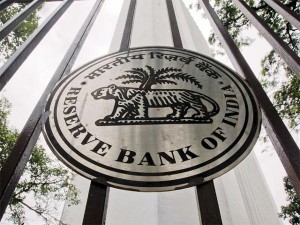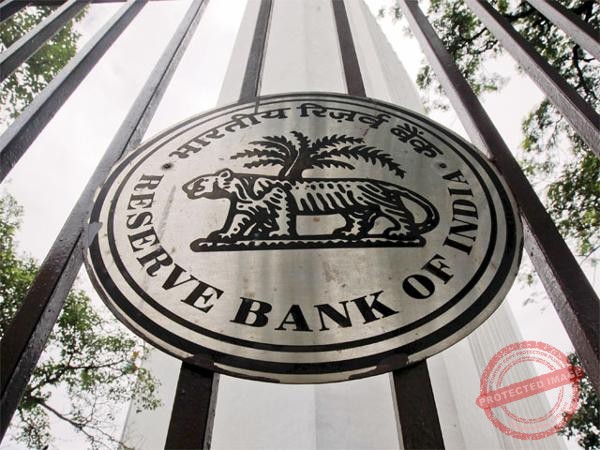As expected The Reserve of India (RBI) in its third bi-monthly monetary policy review kept the repo rate unchanged at 6.50 per cent citing upside risk to March 2017 inflation target.
What is Monetary Policy ?
Monetary policy is the process by which monetary authority of a country, generally a central bank controls the supply of money in the economy by its control over interest rates in order to maintain price stability and achieve high economic growth. In India, the central monetary authority is the Reserve Bank of India (RBI). It is so designed as to maintain the price stability in the economy. Other objectives of the monetary policy of India, as stated by RBI, are:-
- Price Stability
- Controlled Expansion of Bank Credit
- Promotion of Fixed Investment
- Restriction of Inventories and stocks
- To Promote Efficiency
- Reducing the Rigidity
Monetary operations involve monetary techniques which operate on monetary magnitudes such as money supply, interest rates and availability of credit aimed to maintain Price Stability, Stable exchange rate, Healthy Balance of Payment, Financial stability, Economic growth. RBI, the apex institute of India which monitors and regulates the monetary policy of the country stabilizes the price by controlling Inflation.
Repo Rate and Reverse Repo Rate:-
Repo rate is the rate at which RBI lends to its clients generally against government securities. Reduction in Repo rate helps the commercial banks to get money at a cheaper rate and increase in Repo rate discourages the commercial banks to get money as the rate increases and becomes expensive.
- Reverse Repo rate is the rate at which RBI borrows money from the commercial banks. The increase in the Repo rate will increase the cost of borrowing and lending of the banks which will discourage the public to borrow money and will encourage them to deposit.
- As the rates are high the availability of credit and demand decreases resulting to decrease in inflation. This increase in Repo Rate and Reverse Repo Rate is a symbol of tightening of the policy.
- In this latest Monitory Policy Review, the repo rate was left unchanged at 6.50 per cent.
- With retail inflation ruling above its projection of around 5 per cent for FY2017, the RBI held the rate steady and in the current financial year, the RBI last cut the repo rate in its first bi-monthly monetary policy review, in April by 25 basis points to 6.50 per cent.
- The RBI kept the cash reserve ratio of scheduled banks unchanged at 4.0 per cent of net demand and time liabilities.
- It is noted that RBI Governor Raguram Rajan is set to retire on September 4 after a three-year term with plans to return to academia in the US.
RBI :
- Governor : Raghuram Rajan
- Nationalised Year :1955
- HQ: Mumbai





